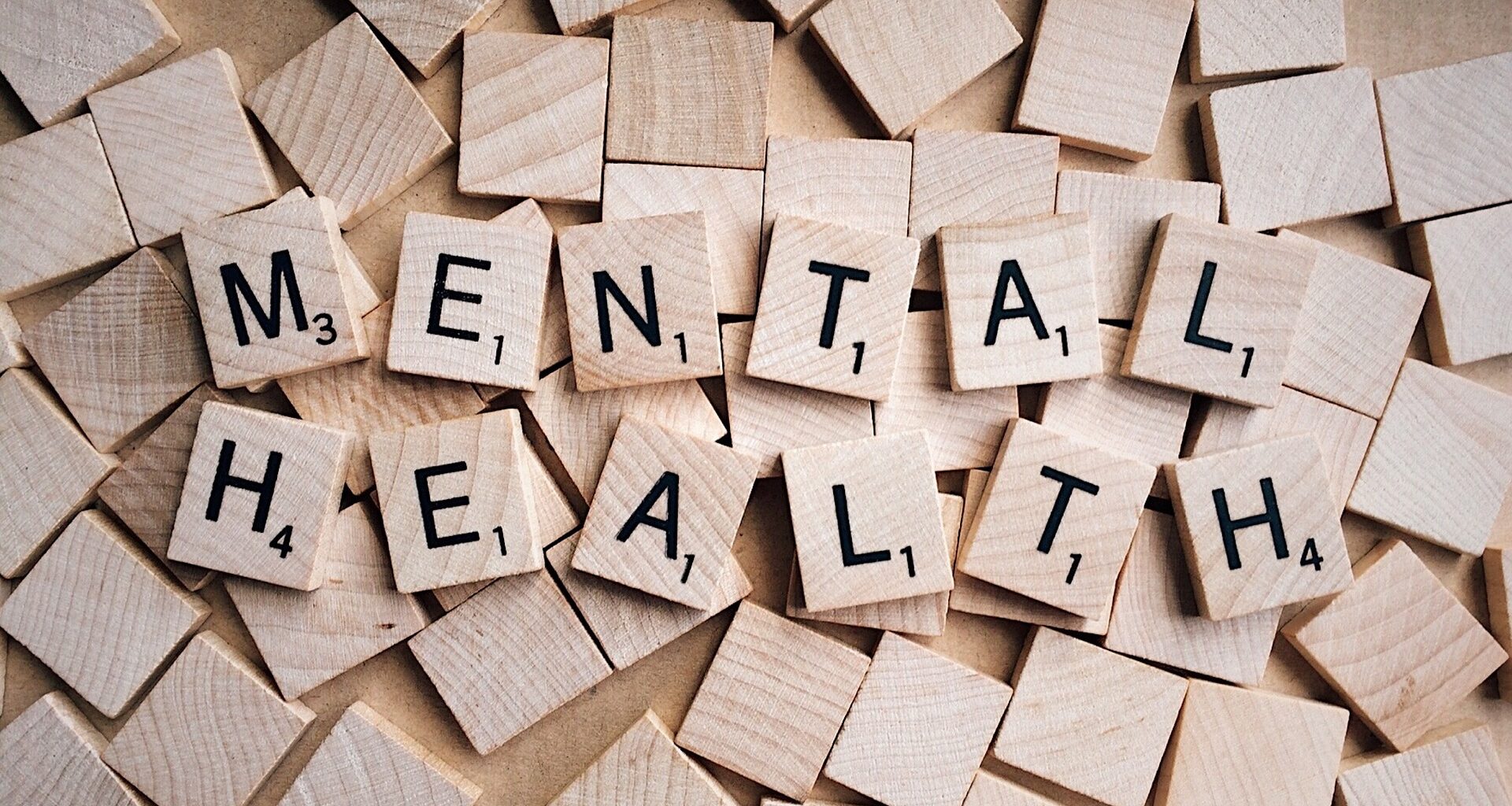NAIROBI,Kenya – This past week, High Court Judge, Justice Lawrence Mugambi declared Section 226 of the Penal Code, which criminalizes attempted Suicide unconstitutional.
The judgment continues to be hailed as a watershed moment in Kenya’s mental health journey, laying a new foundation where, persons suffering from mental illnesses are not subjected to the state’s punitive measures but instead, receive medical intervention geared towards their treatment, rehabilitation and reintegration back to society.
In his judgement, Justice Mugambi asserted that Section 226 offends Article 27 of the Constitution by criminalizing a mental health issue, thereby endorsing discrimination on the basis of health which is unconstitutional.
The section of the penal code in question, is further said to humiliate and disgrace victims of suicide ideation in the eyes of the community for actions that are beyond their mental control, which is a violation of article 28 of the constitution, which guarantees every person’s right to inherent dignity and the right to have that dignity respected and protected.
The Judgement is welcome news to the region and globally as it aligns with Kenya’s commitments under international human treaties, such as the United Nations Convention on the Rights of Persons with Disabilities and the African Charter on Human and People’s Rights.
This vestige of colonial era laws, which subjected victims to up to two years in prison, a fine or both failed to consider the nuanced reality of mental health struggles. With incarceration resoundingly proven not to be the solution, it is time for the government to ensure systems are put in place and strengthened to ensure individuals with mental health conditions receive the care they deserve and not punishment.
The World Health Organization ranked Kenya as the sixth African country with the highest levels of depression with at least 1.9 million diagnosed Kenyans suffering from depression.
Despite these alarming statistics, the criminalization of attempted suicide deterred individuals from seeking help, exacerbating the stigma surrounding mental health and undermining efforts to reduce suicide rates.
Meanwhile, decriminalization alone will not solve the mental health crisis, there is need to adopt a comprehensive approach that will lead to meaningful change. For instance, the ministry of health in 2021 launched its ambitious suicide prevention strategy geared towards expanding access to mental health services.
Proper funding from the government is required to ensure significant investments are made towards counseling, rehabilitation and aftercare services so that victims can receive accessible and affordable mental health support.
With stigma being a huge barrier that has prevented victims from seeking help, there is need to engage in targeted public awareness campaigns to educate communities about mental health, normalize discussions while debunking myths that do more harm than good.
The Crime Journalists Association of Kenya (CJAK) for instance has been running a bi annual mental wellness day, providing a safe space for journalists to share their mental health struggles while in the line of duty, as well as access to mental health services on coping with trauma.
There is need to also ensure that first responders such as, law enforcement officers or healthcare workers also receive training on how to identify and support individuals at risk of suicide. Their approach should embrace empathy and referral to appropriate care.
Ultimately, the legislative arm of the government, parliament, must ensure that the penal code aligns with human rights standards with laws and policies enacted to support individuals with mental health conditions. This includes robust funding for mental health facilities and personnel.
Shukri Wachu is a journalist and the Communications Officer at the Kenyan Section of the International Commission of Jurists (ICJ Kenya). This article was first published on the Daily Nation Newspaper.
Read The Court Judgment:







